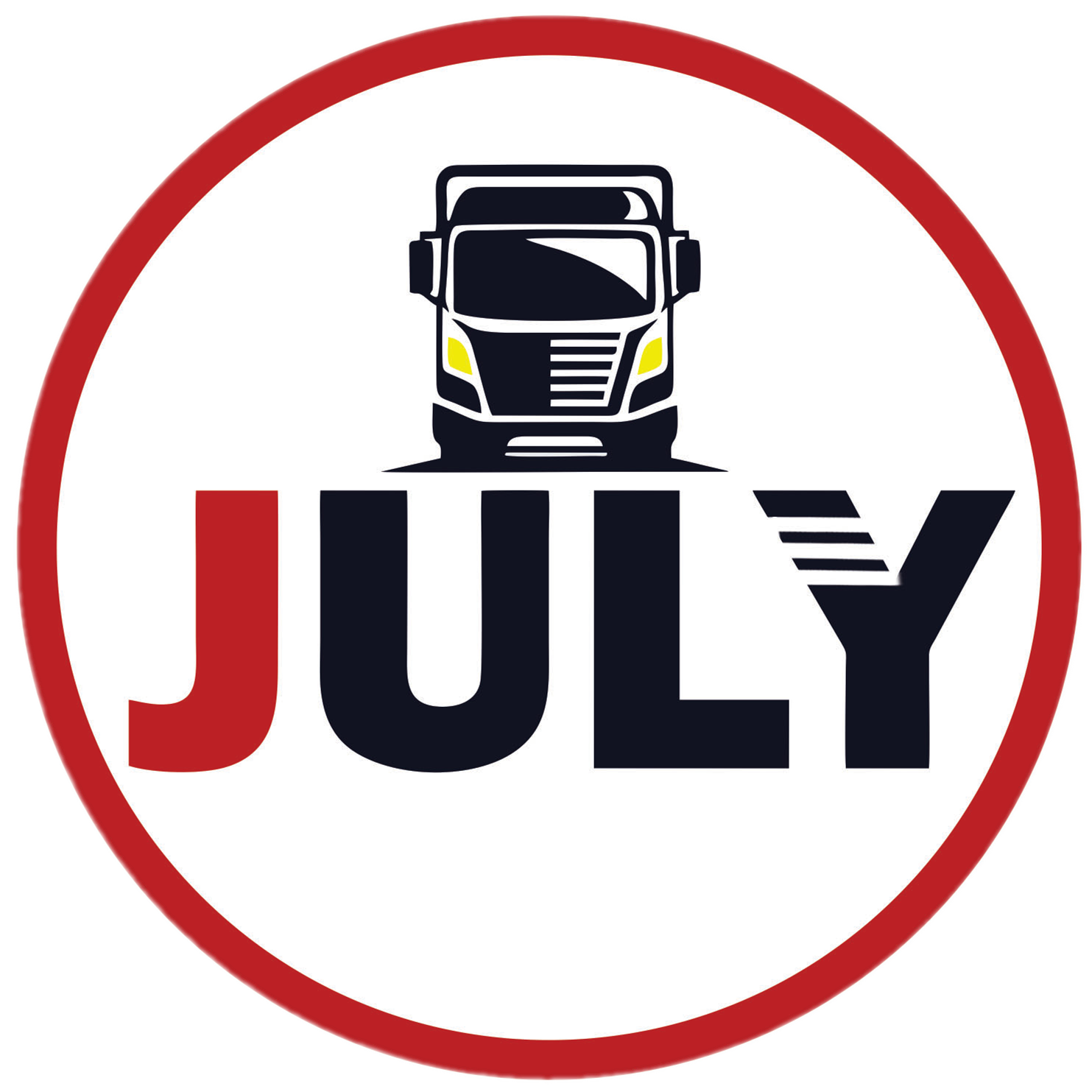CUMMINS DFSK DFM DFAC DONGFENG TRUCK PARTS DFL4251 DFL3251 5258744 DONGFENG XIAOKANG DONGFENG MINIBUS K17 5266969 5272666 5293669 5264757 5263374 5288908


CUMMINS DFSK DFM DFAC DONGFENG TRUCK PARTS DFL4251 DFL3251 5258744 DONGFENG XIAOKANG DONGFENG MINIBUS K17 5266969 5272666 5293669 5264757 5263374 5288908


Global road freight revenues are expected to grow by an average of 4.3% annually from 2020 to 2025, according to new research by Shell and business consulting firm, Frost and Sullivan.
The whitepaper, ‘Navigating roadblocks in the long-haul road freight industry’, sheds light on the status of the commercial road freight industry, as the world responds to the COVID-19 pandemic.
The whitepaper examines developments within the industry, from how digitalisation is advancing fleet management solutions, to the role sustainable practices and decarbonisation strategies will play in futureproofing operations.
Shell said the research offers valuable insights to fleet professionals, helping them to better position themselves for the future.
Patrick Carré, vice president of commercial road transport at Shell, said: “Achieving an interconnected and more sustainable future requires collaboration with customers, partners and stakeholders.
“At Shell Fleet Solutions, we are committed to helping customers navigate shifts in the industry, by providing digital fleet management tools like Shell Telematics, streamlining tolling payments in Europe and increasing access to low emissions fuels, like LNG, BioLNG, hydrogen fuel cell and battery electric vehicles.
“These offers are designed to help fleets optimise their total cost of ownership (TCO) and improve security and convenience across operations with on the road services, while advancing sustainability goals.”
Shell and Mercedes-Benz Trucks have trialled the first digital in-truck payment system in the manufacturer’s Actros model for fuelling at selected Shell stations in Germany.
In the whitepaper, Frost and Sullivan identifies challenges faced by the road freight industry, including skilled-driver shortage, cost management, sustainability (decarbonisation), security and regulatory environment.
The road freight industry is seeing greater adoption of digitalisation, alternative fuels and supporting technologies, according to Frost and Sullivan.
The research indicates the shift towards digitalisation and acceleration of industry decarbonisation will play a pivotal role in reaching sustainability goals, while increasing efficiency and helping fleets to remain profitable.